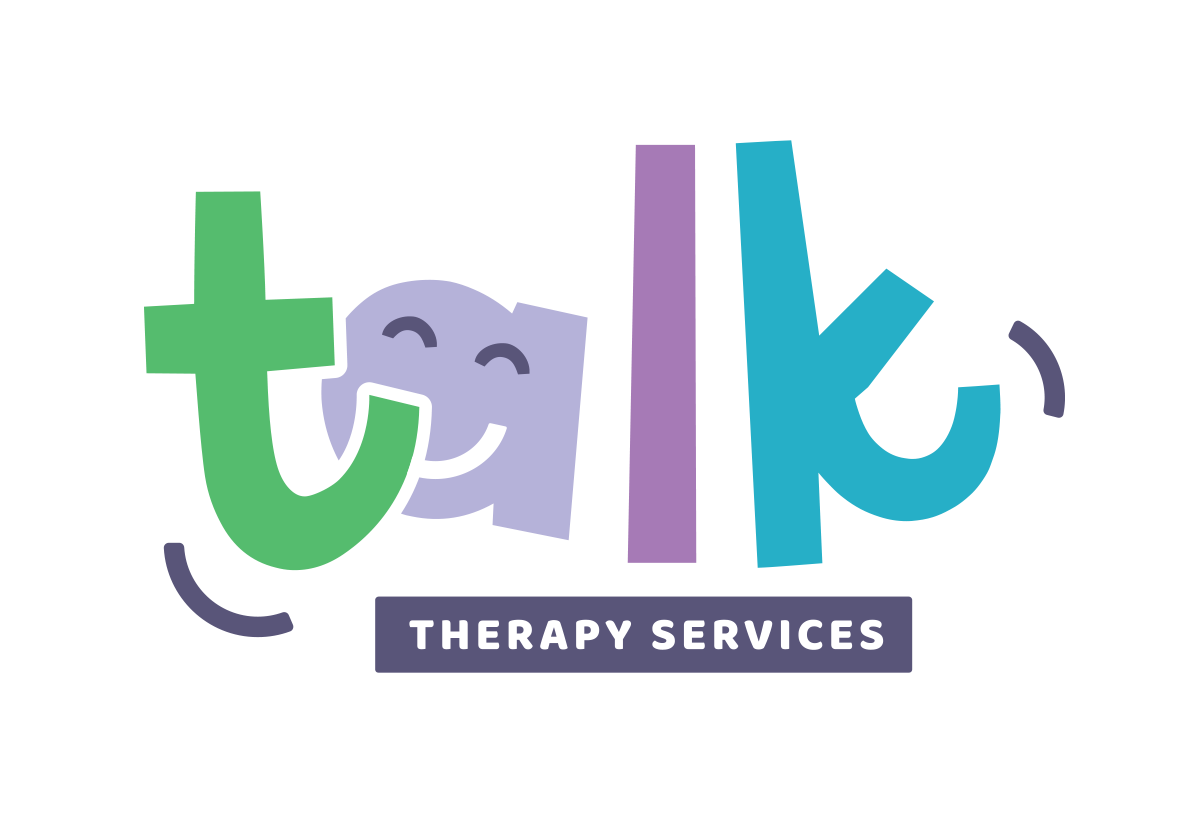
Frequently asked questions
about Occupational Therapy
What is an Occupational Therapist?
An occupational therapist is trained and licensed to help children gain independence while also strengthening the development of fine motor skills, sensory motor skills, and visual motor skills that children need to function and socialize.
How can an Occupational Therapist help my child?
Occupational therapy is the only profession that helps people across the lifespan to do the things they want and need to do through the therapeutic use of daily activities (occupations). Practitioners enable people of all ages to live life to its fullest by helping them promote health, and prevent—or live better with—injury, illness, or disability.
Common occupational therapy interventions include helping children with disabilities to participate fully in school and social situations, helping people recovering from injury to regain skills, and providing supports for older adults experiencing physical and cognitive changes.
Occupational therapy services typically include:
an individualized evaluation, during which the client/family and occupational therapist determine the person’s goals,
customized intervention to improve the person’s ability to perform daily activities and reach the goals, and
an outcomes evaluation to ensure that the goals are being met and/or make changes to the intervention plan.
Occupational therapy practitioners have a holistic perspective, in which the focus is on adapting the environment and/or task to fit the person, and the person is an integral part of the therapy team. It is an evidence-based practice deeply rooted in science.
What should I do if I think my child has a speech or language disorder, fine motor or visual motor delay or sensory processing difficulties?
It is important to remember that all children develop at their own pace and that there is a wide range of what is considered “normal”. If you feel that your child is having difficulty consult with your pediatrician as soon as possible. Or contact us for a screening or evaluation. Remember, the earlier your child receives therapy the better the prognosis.
